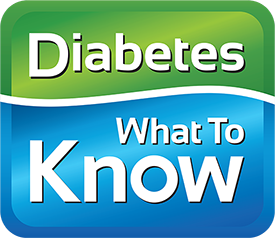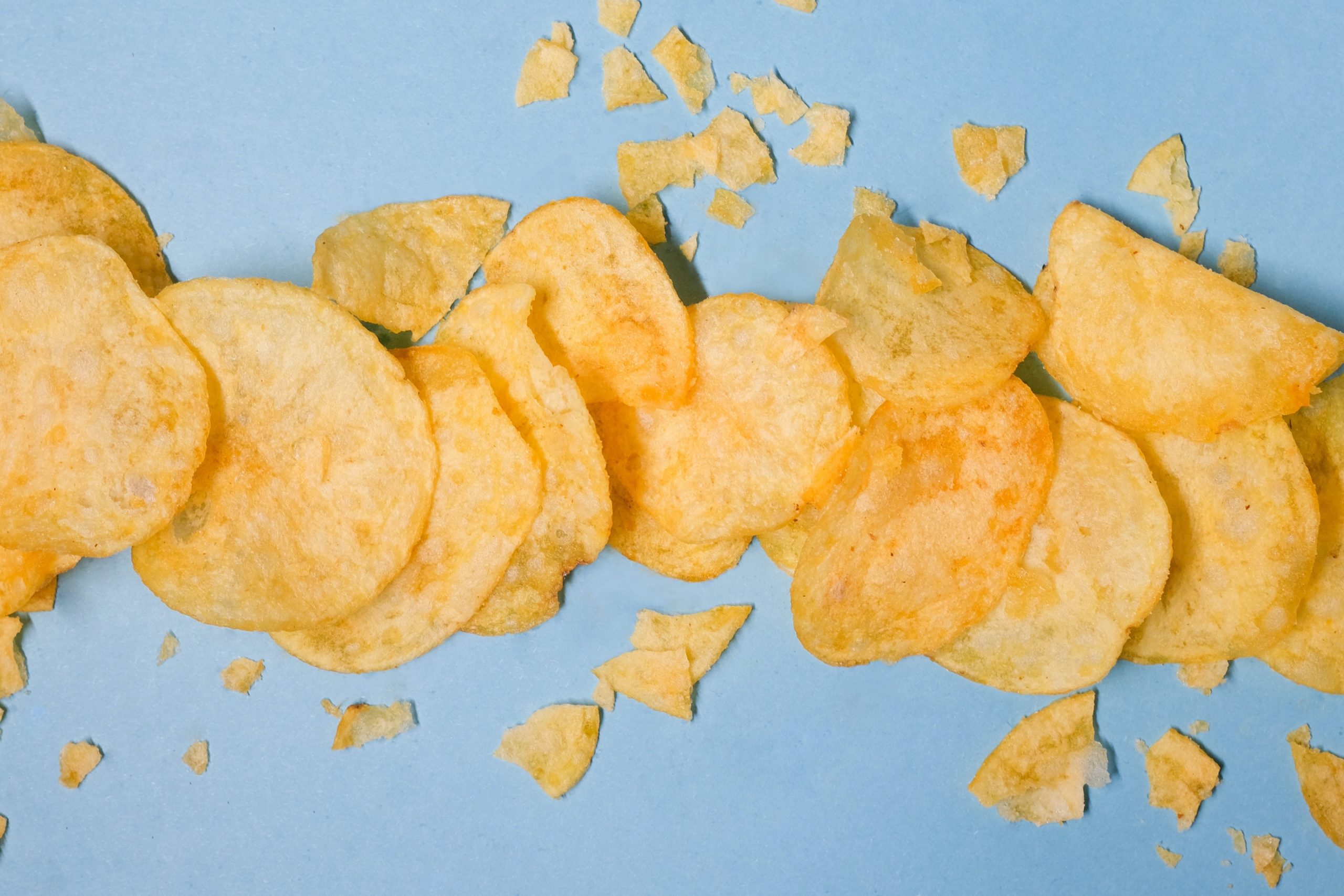[vc_row columns=”2″ columns_type=”1″][vc_column css=”%7B%22default%22%3A%7B%22margin-left%22%3A%220%22%2C%22margin-top%22%3A%220%22%2C%22margin-bottom%22%3A%220%22%2C%22margin-right%22%3A%220%22%2C%22padding-left%22%3A%220%22%2C%22padding-top%22%3A%220%22%2C%22padding-bottom%22%3A%220%22%2C%22padding-right%22%3A%220%22%7D%7D” width=”1/2″][vc_column_text]On this episode of Diabetes Primetime, we’re talking with diabetes dietitian Melinda Maryniuk about how we can read the food label to know which foods are the best choice and getting her tips for making cooking at home EASIER.[/vc_column_text][/vc_column][vc_column css=”%7B%22default%22%3A%7B%22margin-left%22%3A%220%22%2C%22margin-top%22%3A%220%22%2C%22margin-bottom%22%3A%220%22%2C%22margin-right%22%3A%220%22%2C%22padding-left%22%3A%220%22%2C%22padding-top%22%3A%220%22%2C%22padding-bottom%22%3A%220%22%2C%22padding-right%22%3A%220%22%7D%7D” width=”1/2″][us_html]JTNDc2NyaXB0JTIwYXN5bmMlMjBkZWZlciUyMHNyYyUzRCUyMmh0dHBzJTNBJTJGJTJGY29ubmVjdC5mYWNlYm9vay5uZXQlMkZlbl9VUyUyRnNkay5qcyUyM3hmYm1sJTNEMSUyNnZlcnNpb24lM0R2My4yJTIyJTNFJTNDJTJGc2NyaXB0JTNFJTBBJTNDZGl2JTIwY2xhc3MlM0QlMjJmYi12aWRlbyUyMiUyMGRhdGEtaHJlZiUzRCUyMmh0dHBzJTNBJTJGJTJGd3d3LmZhY2Vib29rLmNvbSUyRm15d2VpZ2h0d3RrJTJGdmlkZW9zJTJGODk4MTk0MTI3NzQwMTE1JTJGJTIyJTIwZGF0YS13aWR0aCUzRCUyMjYwMCUyMiUyMGRhdGEtYWxsb3dmdWxsc2NyZWVuJTNEJTIydHJ1ZSUyMiUzRSUzQyUyRmRpdiUzRQ==[/us_html][/vc_column][/vc_row][vc_row][vc_column][vc_column_text]6 Takeaways from Melinda:
- Michael Pollan says to live by these words: “Eat real food. Mostly plants. Not too much!”
- What’s the difference between unprocessed, processed, and ultra-processed foods? Unprocessed foods are whole foods, such as veggies, nuts, seeds, fruits, and legumes. Processed foods are just minimally processed – for example, canned beans, canned veggies, cheese, butter, etc. Ultra-processed foods are the most concerning – they normally have lots of packaging, many additives, and are not fresh.
- When compared to a whole foods diet, an ultra-processed food diet can cause excess eating and weight gain, based on a recent study. Ultra-processed foods are shown to be more addictive because of added salt, sugar, and fat.
- In general, foods with fiber help you feel full & satiated!
- Read food labels to understand what you’re eating. You want to be able to recognize and pronounce all ingredients, check if there is added sugar, and begin to prioritize whole foods.
- Focus on reducing the ultra-processed foods you eat often. For example, if you eat ketchup multiple times per day, you may be interested in buying a sugar-free ketchup to use, or make your own at home. If you only eat ketchup a few times per week, it isn’t as necessary to switch to a healthier version.
[/vc_column_text][vc_column_text]For more episodes of Diabetes Primetime, click here.[/vc_column_text][us_image image=”4421″ size=”full” align=”center” onclick=”custom_link” link=”url:https%3A%2F%2Fdiabeteswhattoknow.com%2Fsign-up%2F”][/vc_column][/vc_row]

